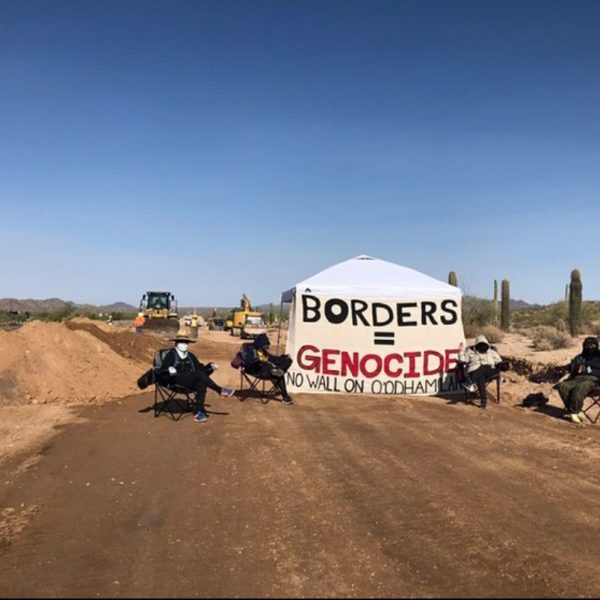
On Tuesday, we perhaps must break the commandment to feed the hungry, heal the sick, welcome the stranger, free the prisoner – to love “the least of these” as if they were God incarnate.

The current conjuncture of crises – climate change, pandemics, the rise of fascism and state violence, the backlash of white supremacy and heteropatriarchy against anti-racism, feminism, and queer/trans liberation, the deepening extractivism of capitalism, the further dispossession and disposability of mass incarceration and deportation, etc. – can be dismantled, swiftly, like a flood, a hurricane, a wildfire – if we can organize ourselves.

Socially, economically, and politically the time of COVID-19 in the Pacific has been a mixed one. In one way it has been apocalyptic (literally an “uncovering” or “unmasking”); truths about the region’s true political economy can no longer be denied. On the other hand, the COVID-19 era has provided opportunities for governments to “mask” and cover up inconvenient truths of the region.

Jesus’ teaching regarding taxation and our allegiance to human governments challenges Christians who find themselves subject to contemporary governments to think about how we relate to their inevitable exploitation.






